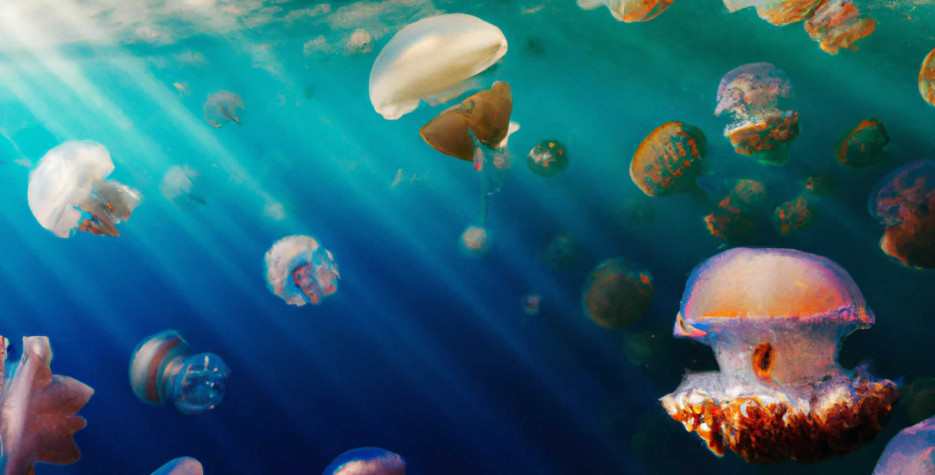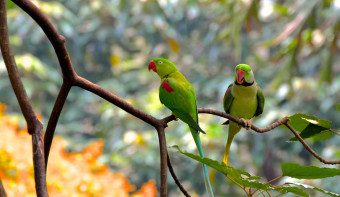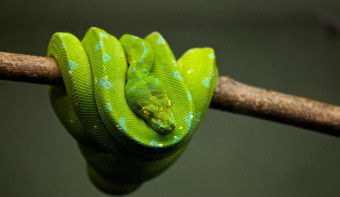About National Jellyfish Day
Every year on November 3rd, marine enthusiasts and nature lovers from around the world come together to celebrate World Jellyfish Day. This unique holiday offers an opportunity to appreciate and raise awareness about these enigmatic creatures that inhabit the world's oceans. While jellyfish might be seen as a common sight at the beach, they are fascinating and often misunderstood marine organisms that play a crucial role in the health of our oceans.
The Importance of Jellyfish in Our Ecosystem
Jellyfish, despite their delicate appearance, are resilient and adaptable creatures that have been around for over 500 million years, making them some of the oldest living organisms on Earth. They belong to the phylum Cnidaria and have evolved into various species, each with its own characteristics and behaviors. These creatures are a vital part of the ocean's ecosystems and have unique roles to play.
One of the most essential functions of jellyfish is their role as both predator and prey. Many jellyfish species are opportunistic feeders, consuming small fish, zooplankton, and other jellyfish. By doing so, they help maintain the balance of marine food webs and control the populations of certain species. Furthermore, jellyfish serve as an important food source for sea turtles, some species of fish, and even certain seabirds. Without jellyfish, many marine species would struggle to find enough food to survive.
Jellyfish are also excellent indicators of the health of the oceans. Their abundance and distribution can serve as early warning signs of environmental changes, including pollution and climate change. Some jellyfish populations have been known to thrive in degraded marine environments, which can indicate problems that need attention.
Celebrating World Jellyfish Day
World Jellyfish Day is a day to recognize the beauty and significance of these oceanic creatures. Celebrations often involve various educational activities, both online and in person, to promote awareness and understanding of jellyfish. Aquariums and marine biology institutions frequently host special events, where visitors can learn more about jellyfish through exhibits, presentations, and interactive displays.
On this day, marine biologists, researchers, and conservationists share their knowledge about jellyfish, shedding light on their ecological importance and the need to protect our oceans. People are encouraged to explore the underwater world through documentaries, virtual reality experiences, and guided tours that highlight the mesmerizing lives of jellyfish and their role in marine ecosystems.
For those living near coastal areas, World Jellyfish Day also presents an opportunity to participate in beach clean-up efforts and engage in conservation activities aimed at preserving the marine environment. By doing so, individuals can contribute to the protection of the very ecosystems that these magnificent creatures call home.
Jellyfish Conservation and Sustainable Practices
While jellyfish play an essential role in marine ecosystems, they are not without their challenges. Some regions experience jellyfish blooms, which can have negative impacts on fisheries, tourism, and local economies. Understanding the complex factors contributing to these blooms is crucial for managing their effects.
Conservation efforts for jellyfish often revolve around promoting sustainable fishing practices and reducing pollution in our oceans. By implementing responsible fishing techniques and reducing plastic waste, we can help mitigate the negative impacts on marine life, including jellyfish.
It's also important to remember that jellyfish are not solely creatures to be studied from a distance; they deserve our respect and protection. Approaching them with caution while swimming in their natural habitats is essential, as many jellyfish have stinging tentacles that can cause discomfort or harm.
World Jellyfish Day serves as a reminder of our responsibility to protect and preserve the oceans and the creatures that inhabit them. By celebrating and learning about these fascinating marine organisms, we can take a step toward a more sustainable and harmonious coexistence with the natural world.
Similar Observances
National Bird Day 🐦
Read More









